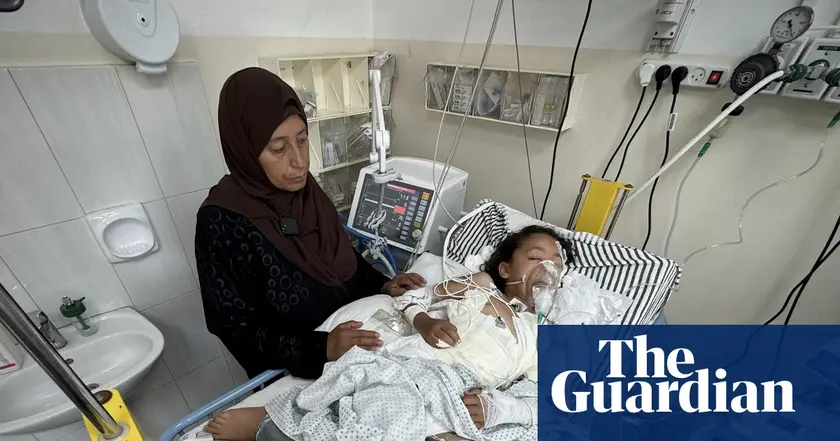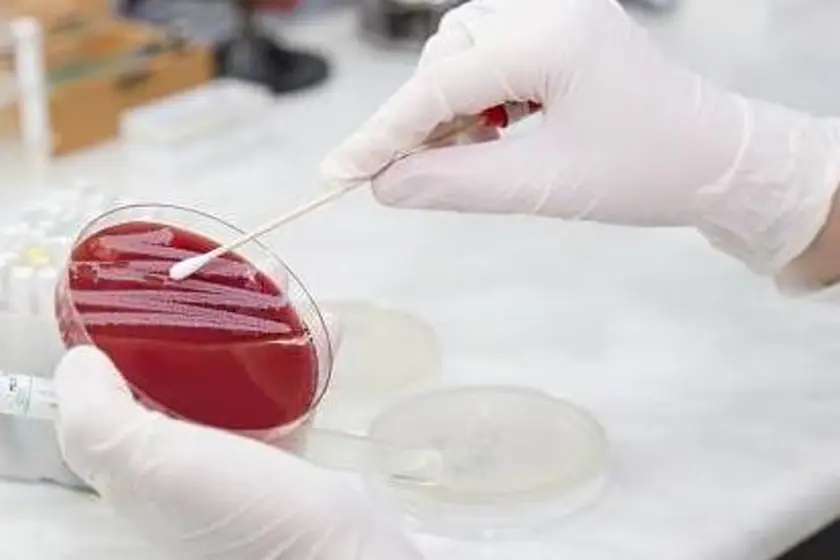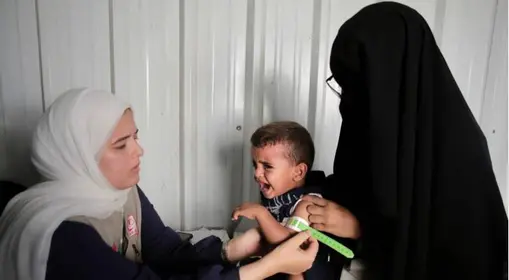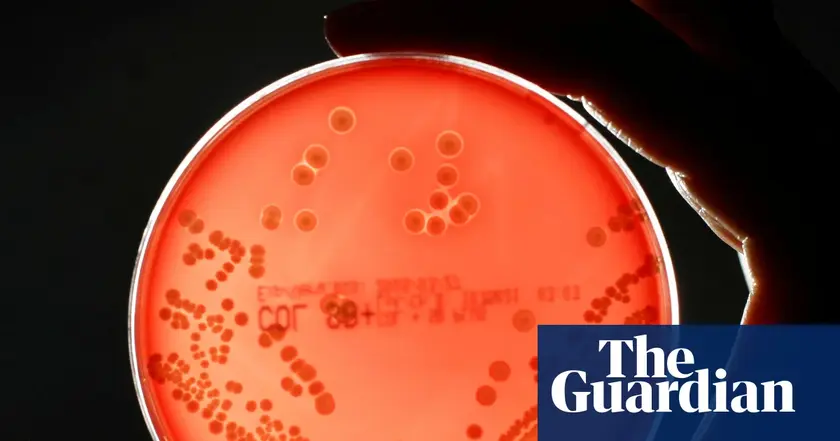T4K3.news
Gaza faces new threat from antibiotic resistant disease
A study links rising drug resistance to the blockade and war, risking longer illness and more deaths in Gaza.

A new study links drug resistant infections to the blockade and war, raising fears of longer illness and higher deaths.
Gaza health crisis deepens amid antibiotic resistant infections
Gaza faces a new health threat as antibiotic resistant infections spread amid war, malnutrition, and a collapsed medical system. A peer reviewed comment in Lancet Infectious Diseases, based on about 1,300 samples from al-Ahli hospital, shows a high presence of multi-drug resistant bacteria, with two thirds of samples testing positive. Researchers warn this will lead to longer illnesses, higher transmission, and more amputations.
The health system is shattered: only about half of hospitals and 38 percent of primary care centres are functioning, with bed occupancy at Al Shifa and Al Ahli hospitals well above capacity. The World Health Organization reports delays in delivering medicines and supplies due to procedural hurdles, and says Gaza has run out of many drugs. Israeli authorities say aid arrives under international law, but aid groups say deliveries are too slow. The conflict has killed and injured thousands, while sanitation and nutrition collapse raise infection risks for the 2.3 million residents.
Key Takeaways
"We don’t even know the true scale because of the destruction of almost all the laboratories"
Bilal Irfan describing data gaps
"It’s a horrible picture"
Krystel Moussally on the health outlook
"We want to stock up, and it’s not happening yet"
WHO official about aid deliveries
"Israel will continue to allow the entry of medical equipment and medicines into the Gaza Strip"
Israeli defense ministry statement
Two key threads shape this crisis. First, the study highlights a war born threat that evolves beyond bullets: drug resistant bacteria thrive when health systems fail. Second, political choices about access to medicine and protection of civilians determine whether this becomes a regional or global health issue. The blockade and repeated attacks on clinics destroy data and fuel the spread of resistant infections, underscoring that public health in war is a political act as much as a medical one.
The question now is how to separate humanitarian aid from battlefield politics. If aid remains blocked or slowed, resistant bacteria will spread and deaths will rise not only in Gaza but in neighboring areas as well. The path forward depends on civilian protection, open supply lines, and a sustained commitment to health workers who keep treating the wounded and the ill.
Highlights
- Public health should not be collateral in war
- A surge of drug resistant infections is a new kind of tragedy
- When labs fail diseases win
- Access to medicine is a basic right not a bargaining chip
Sensitive health crisis risks political backlash
The report sits at the intersection of health, war, and policy. It highlights urgent needs for medical supplies and civilian protection, while exposing the political divide over who controls aid and access. Deliveries are contested and time is critical.
The next chapter will test whether aid can outpace a changing health threat
Enjoyed this? Let your friends know!
Related News

Spread of antibiotic-resistant bacteria poses threat to UK

Antibiotics as fossil fuels spark policy debate

Israeli minister confronts Palestinian detainee in prison clip

Trump Putin Alaska summit stirs Ukraine worries

Gaza antibiotic resistance study highlights need for relief

Superbugs projected to cost global economy $2 trillion by 2050

Measles ranked the most contagious disease

New antibiotic strain discovered in Northern Ireland
